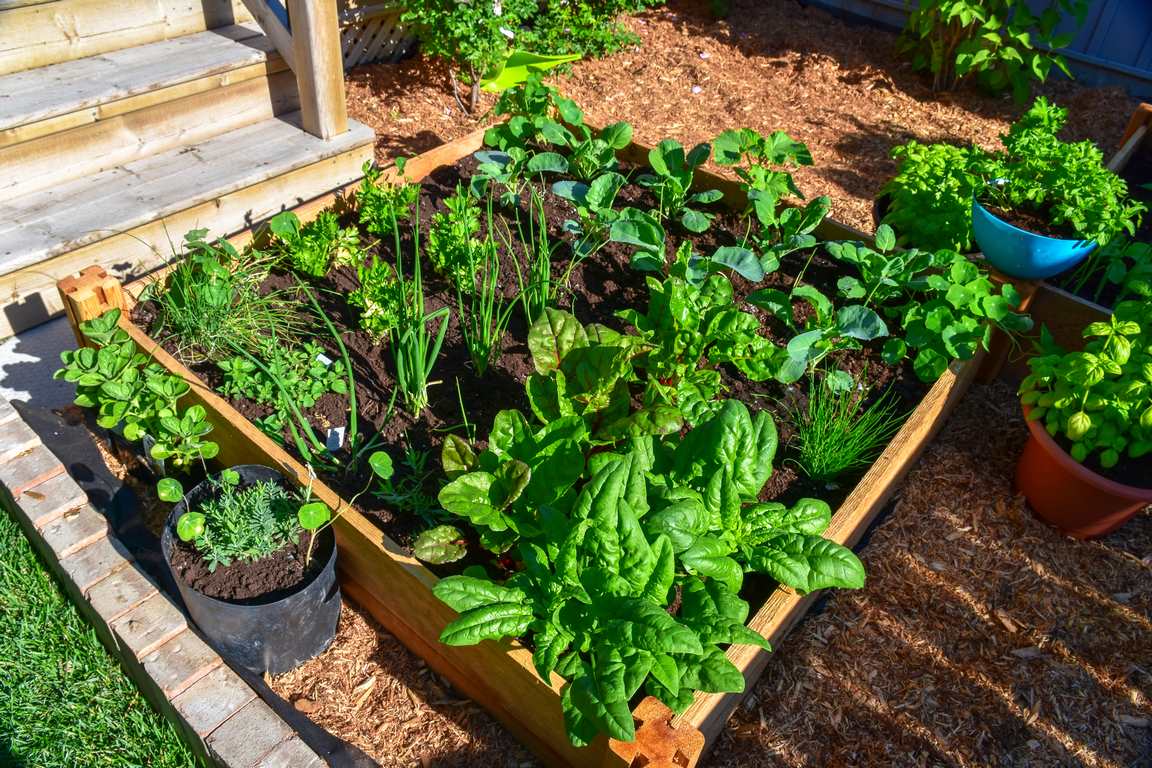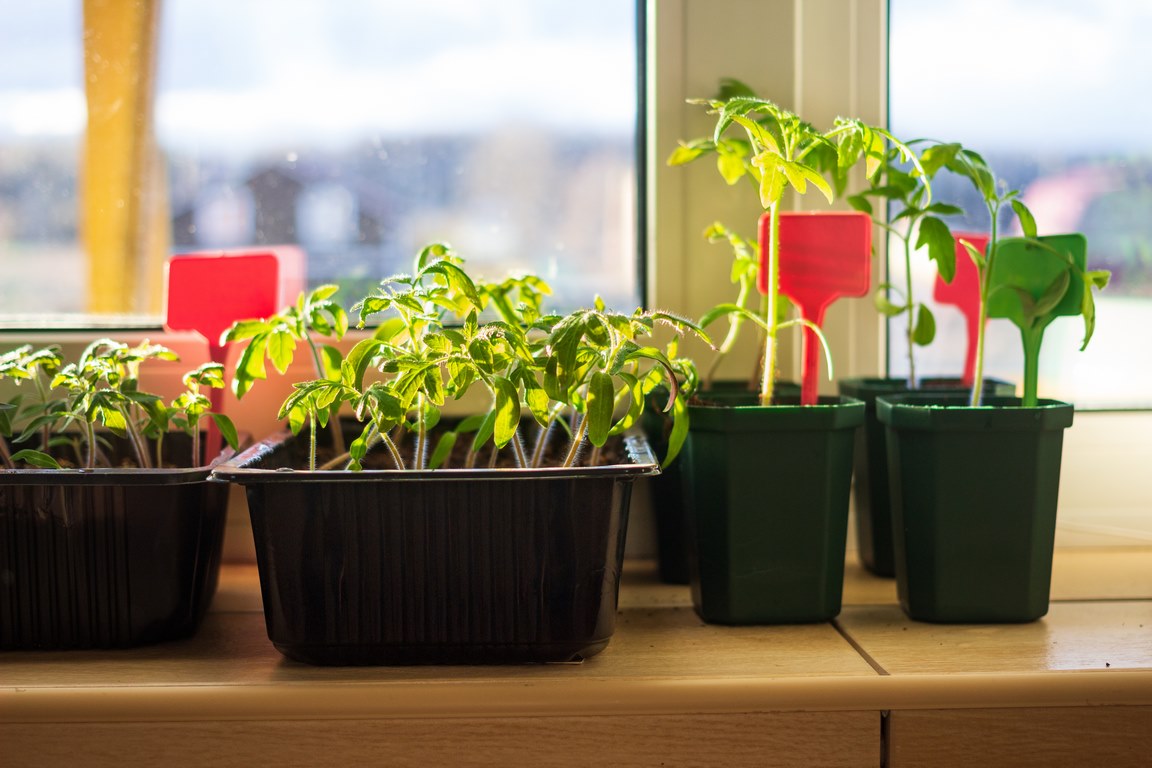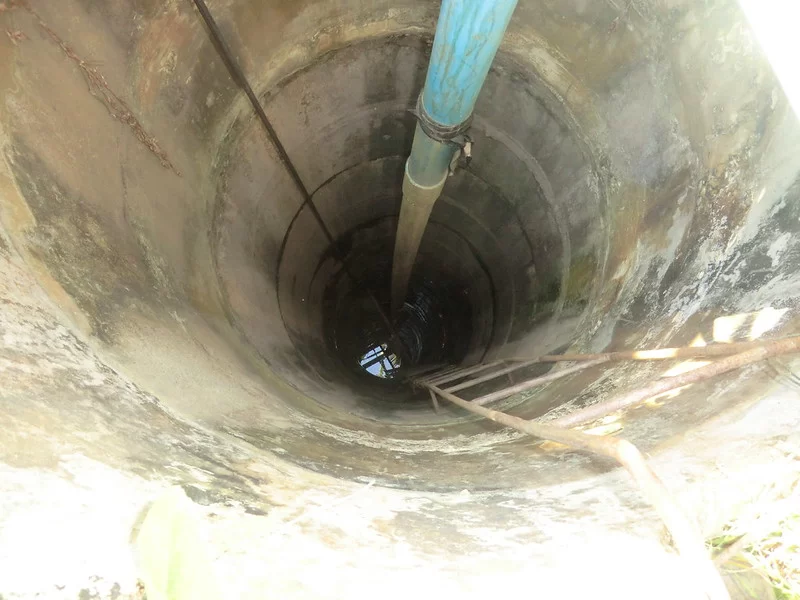With many people moving toward a more organic way of living and eating, many decide to grow their vegetables at home. Not only does this ensure that they eat fresh vegetables more often, but it also saves them time and money.
Luckily, planting and growing vegetables doesn’t have to be an exact science, as long as the person caring for the garden gives the plants water and enough sunlight and watches for any animals or bugs that may want to spoil their crops.

There are a few essentials that homeowners can get in place for their vegetable garden to ensure that they grow the best crops on the block:
1. Decide Which Vegetables Will Be Best
Each home will have specific dietary needs; some may prefer one type of vegetable over others. So, starting a vegetable garden, they must remember what they will use while cooking. If they just plant a garden and do not use the product, it may go to waste.
For this reason, a home garden needs to have all the vegetables the family will enjoy that will grow well in the region’s specific climate.
The climate will determine which vegetables will flourish in that type of weather, and consulting Garden and Landscape Experts in the area will ensure that the family receives the advice they need.
2. Planning The Layout is Essential
Some plants may need more space to grow, while others only need a patch of soil to thrive. Vegetables like peas may need something like a lattice that the plant can grow up against, and potatoes need a deep planter with lots of soil.
Considering each plant’s needs, the person planning the layout should ensure that they have enough space, soil, water, sun, and everything else the vegetables would need, making planning the design essential.
Read Also:
3. Plant Perennials to Make Harvesting Easy
Depending on the type of vegetables the family prefers, they should consider planting perennials instead of annually sowing their seeds and waiting for them to grow. A perennial plant will continue to grow and produce vegetables in the warmer months each year.
Usually, these plants have less maintenance for the homeowners and don’t have yearly expenses for buying new seeds or plants. They can continue the upkeep and watering of the garden and harvest their veggies as soon as they are ready.
4. Compost for Preparing The Soil is A Must
The quality of the vegetables will depend on how well the owners care for the plants and, of course, the soil type. Plants will prefer soil rich in nutrients that help them to grow strong and healthy.
For a vegetable garden, potting soil mixed with compost is the best option to get the results the homeowners are after. The combination provides the perfect growing medium, giving the plants the best chance of survival.
Gardening stores could have some supplements that homeowners can add to the soil instead of compost if it isn’t available. Ask the local store for all the available options that could assist.
5. Nurture The Seedlings Indoors First
Plants may have special care instructions to help the homeowner plant them in the vegetable garden. Some seeds may need to grow into a seedling first to give them a boost before transplanting them to the outside garden.
Outdoor weather conditions may be too harsh for the small plant, and putting them into an indoor planter first will overcome these challenges.
People may prefer to have the seedlings in small containers on their kitchen window sill, while others create a planting and growing space in their garage or other outdoor buildings. How the homeowner goes about this is up to them.
6. Remember to Harvest The Crops
It’s all good and well to plant and care for a beautiful veggie garden, but if the family doesn’t use their homegrown products, they may go to waste. The family should keep a close eye on the vegetables and harvest them as soon as they are ready to use them.
The ripe vegetables may attract birds, bugs, or other pests that also find them appealing to eat, so the family can donate some of their surpluses to the neighborhood instead of leaving it to the menaces.
Growing to A Close
Having a vegetable garden at home can be very convenient, never mind all the health benefits it holds for the family. As long as the plants receive the tender love and care they need, they will give it all back in the form of their wonderfully fresh vegetables.
After all, as the old saying goes, we will reap what we sow. So, make sure that your home vegetable garden has all the essentials.










